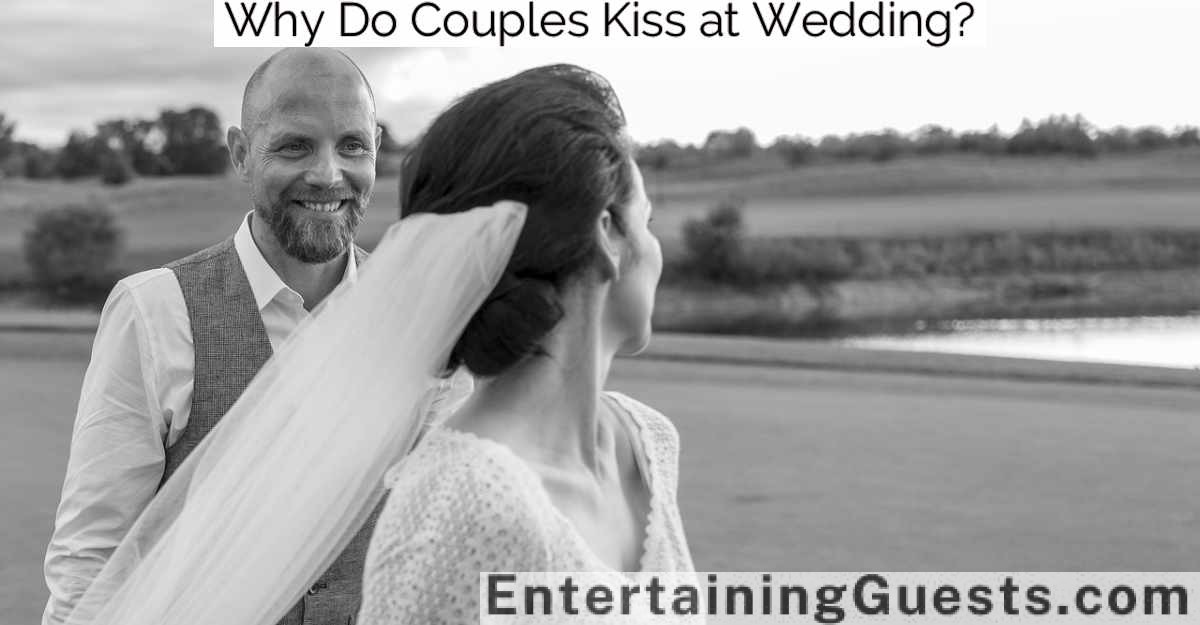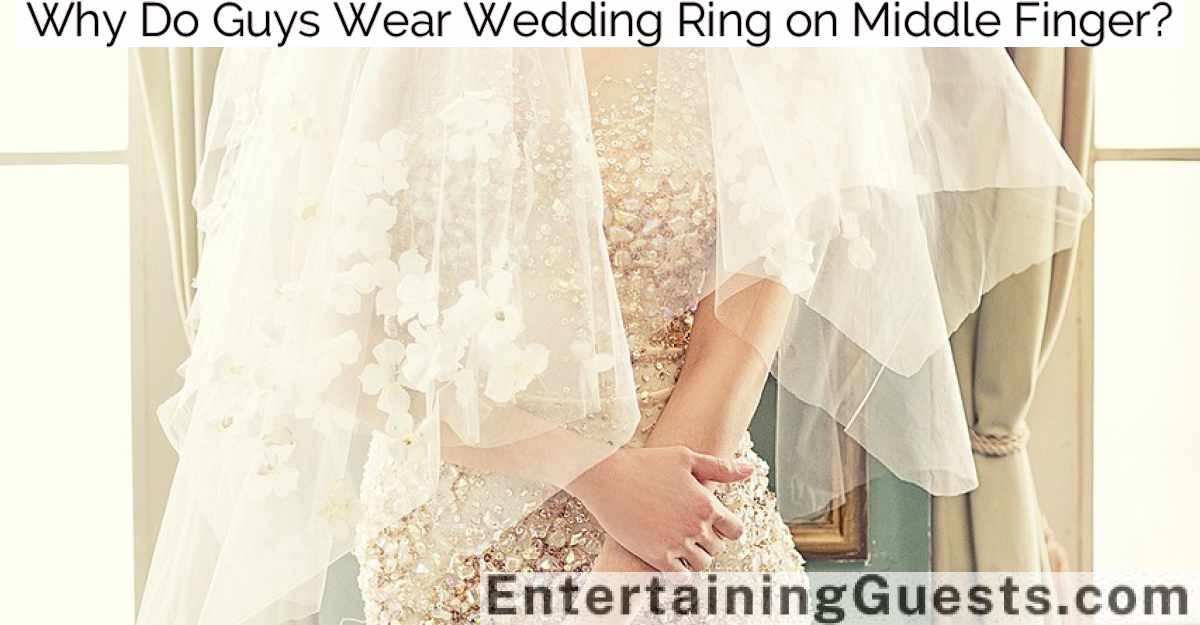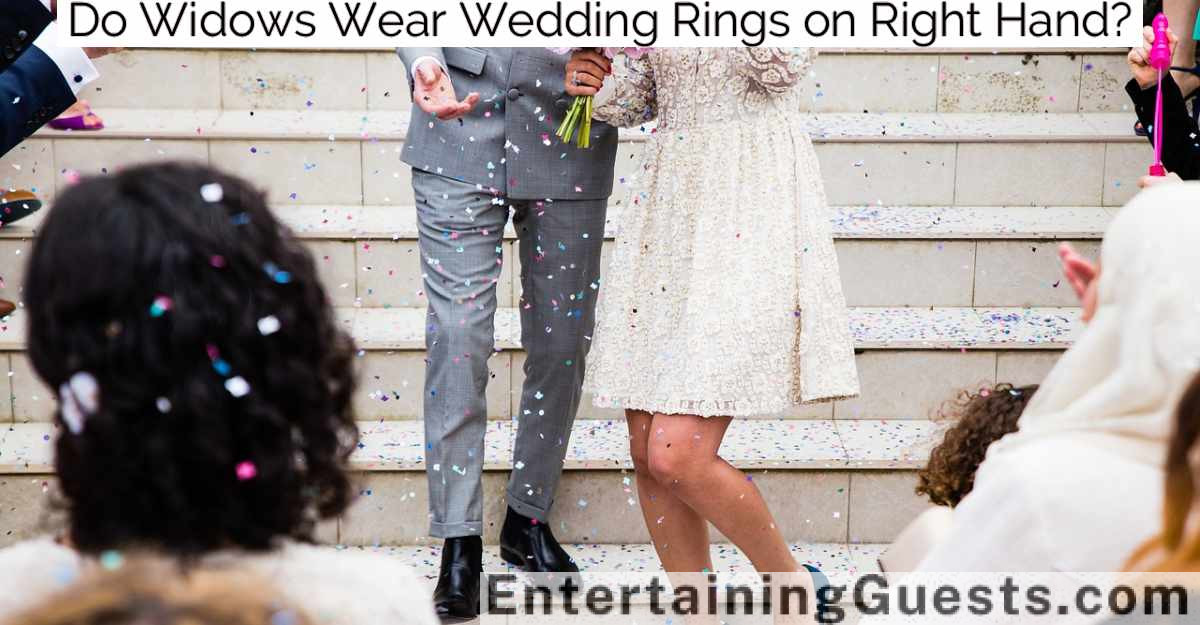Yes, you can have a wedding ceremony without a marriage license. These are known as symbolic or commitment ceremonies, designed to celebrate your relationship without legal status.
You have the freedom to select any venue that holds special meaning, invite someone close to you to officiate, and integrate personal touches that reflect your unique relationship.
Although such ceremonies do not grant the legal rights and benefits of marriage, they focus solely on the personal commitment between partners.
Exploring various cultural traditions and alternative ways to celebrate can further enhance the uniqueness of your ceremony.
Understanding Symbolic Ceremonies
Symbolic ceremonies often bring an intimate, personalized touch to a couple’s special day, allowing you to celebrate your union without the legalities of a marriage license.
These ceremonies are crafted to reflect the unique bond you share, free from governmental constraints. You can design a celebration that genuinely represents your relationship’s essence, incorporating elements that mightn’t fit into a traditional wedding script.
You’ll want to start by selecting a meaningful location. Whether it’s the place you first met, a scenic outdoor setting, or even your own backyard, the right venue sets the tone for the entire ceremony.
Next, consider who’ll officiate. A close friend, family member, or even a professional celebrant who resonates with your vision can add a deeply personal touch.
When crafting your ceremony, mix traditional elements with your own innovations. Exchange vows that speak to your hearts, use symbols like unity candles or sand mixing to visually represent your commitment, and choose music that sings to your soul.
Legal Implications and Considerations
While a symbolic ceremony allows you to celebrate your love without legal ties, it’s important to understand the implications of not having a marriage license. You’re not legally married, which affects many aspects of your life together.
To begin with, you won’t have tax benefits that legally married couples enjoy. You can’t file jointly, which might mean missing out on significant tax deductions.
Moreover, you won’t automatically have next-of-kin status for medical decisions or inheritance purposes. If you or your partner becomes incapacitated, the other may not have the legal right to make critical health care decisions without a specific power of attorney.
Similarly, if one of you passes away without a will, the surviving partner mightn’t inherit anything.
Additionally, issues can arise with insurance benefits. Many health, life, and auto insurance plans offer better rates or coverage options for spouses. Without a marriage certificate, enrolling your partner in your employer-sponsored plan could be challenging.
It’s wise to consult with a legal advisor to understand fully and perhaps mitigate these issues. Creating wills, powers of attorney, and detailed agreements can help protect both of your interests despite lacking the formal recognition of a marriage license.
Planning a Non-Legal Wedding
After considering the legal aspects of a non-licensed union, you might now feel ready to plan your non-legal wedding ceremony. First, focus on defining what this day means to you and your partner. Without legal constraints, you’re free to craft a celebration that truly reflects your values and personalities.
Start by choosing a venue that resonates with your story; it could be a beloved beach, a quaint backyard, or even a favorite art gallery.
Next, consider who’ll officiate. Since there’s no legal paperwork involved, anyone from a close friend to a spiritual advisor can lead the ceremony. Make it personal by asking them to incorporate elements that symbolize your union, like mixing sands or a tree-planting ceremony.
When it comes to vows, throw the traditional script out the window. Write your own, ensuring they speak to your commitments and dreams for the future.
Infuse your ceremony with music, readings, or poems that hold special meaning for both of you.
Cultural and Religious Perspectives
Within many cultures and religions, the essence of a wedding ceremony transcends legal formalities, focusing instead on spiritual and communal commitments.
You’ll find that in Hindu weddings, the ceremony, known as ‘Vivaha’, revolves around sacred rituals like the Saptapadi or "seven steps" which symbolize the aspirations and promises between the couple. It’s not the document that matters here, but the vows taken in front of the sacred fire.
In Islamic traditions, the marriage contract, ‘Nikah’, is more significant than a marriage license. The contract is signed in the presence of witnesses, emphasizing the mutual consent and agreement over the dowry. The focus is on verbal affirmation of commitment, not on paperwork.
Similarly, indigenous communities often regard the union of a couple as an integration into the larger kin network, with elaborate rituals that honor ancestors and the natural world. These ceremonies are deeply intertwined with the community’s identity and continuity, and less about legal validation.
These examples show that you can celebrate your union in ways that are meaningful to you and your community. A wedding doesn’t have to fit a standard mold; it’s about your values, beliefs, and the people you choose to involve.
Alternatives to Traditional Marriage Licenses
Exploring options beyond traditional marriage licenses opens up a domain of possibilities for personalizing your wedding. If you’re aiming for a ceremony that sidesteps legal formalities, consider a symbolic ceremony. This type doesn’t require any paperwork but allows you to craft a personalized event that reflects your values and relationship.
You can choose anyone you respect and admire to officiate, from a beloved family member to a close friend, enriching the experience with personal anecdotes and intimate vibes.
Another creative avenue is a commitment ceremony. Similar to symbolic ceremonies, these events focus on the couple’s promise to each other without the weight of legal documentation. They offer a perfect platform for including unique rituals that celebrate your unique blend of cultures or personal interests, like planting a tree together or mixing sands of different colors.
For those who resonate with spiritual but not legal union, a spiritual ceremony conducted by someone from your faith community or a leader who aligns with your beliefs can be deeply fulfilling. This can be held anywhere from a tranquil beach to your backyard, making it as lavish or as simple as you’d like.
Conclusion
You can indeed host a wedding ceremony without a marriage license, focusing purely on the symbolic aspect. Remember, this won’t be legally binding, so explore all legal implications carefully. Get creative with your non-legal wedding—mix cultural elements, personalize rituals, or even consider alternative commitment options. Plan meticulously to guarantee your day reflects your unique bond and values. Embrace this freedom to craft a ceremony that’s truly yours, without the constraints of legal formalities.




